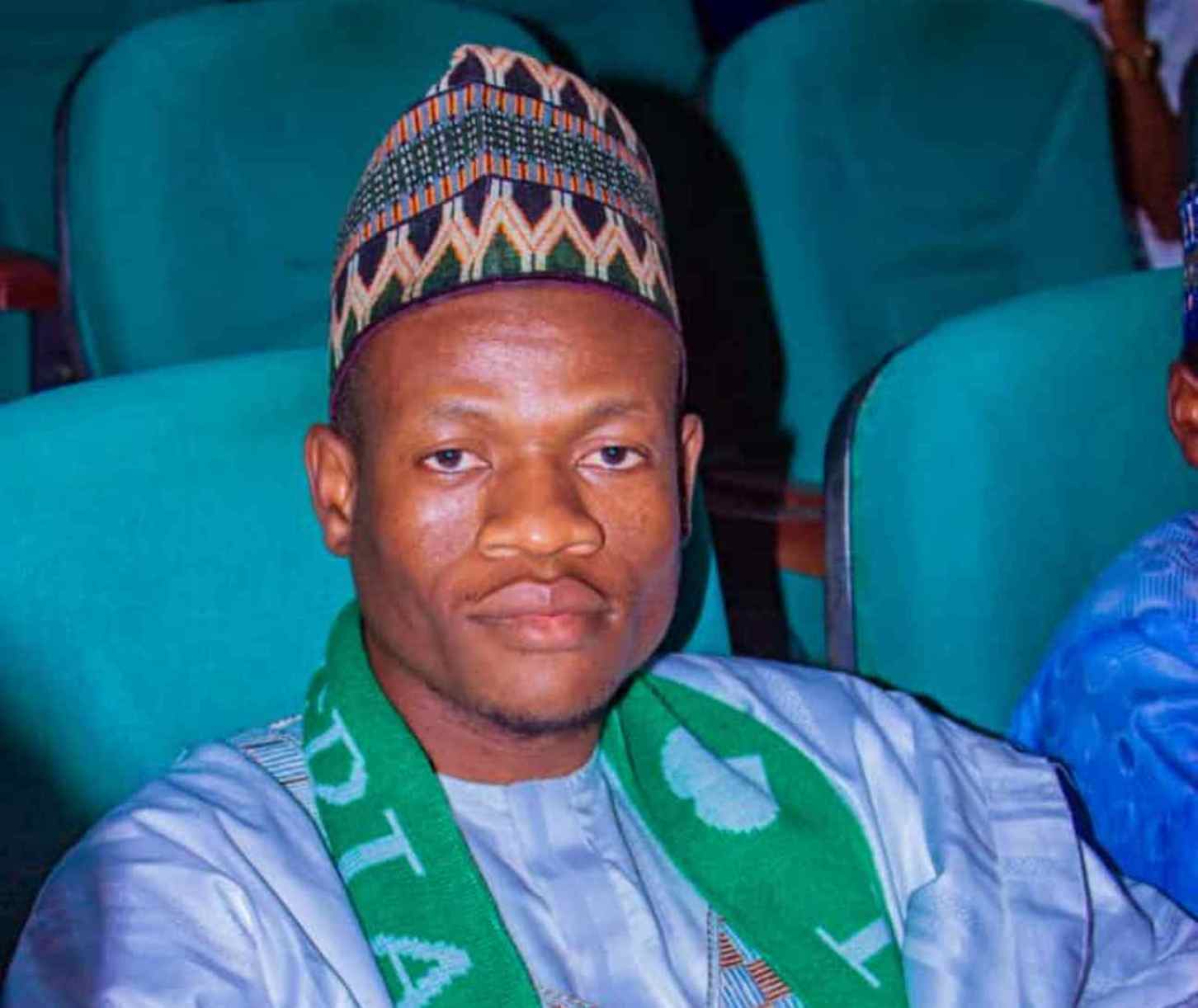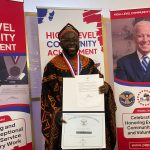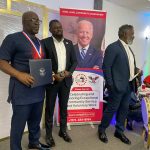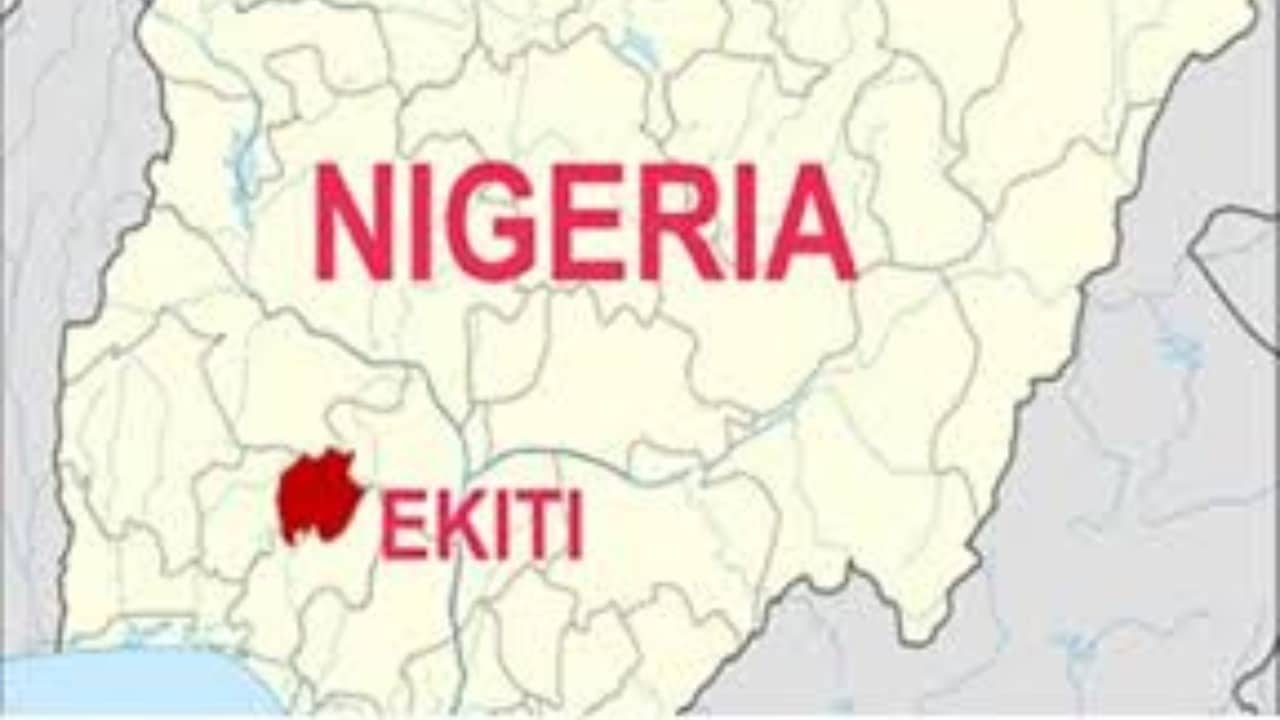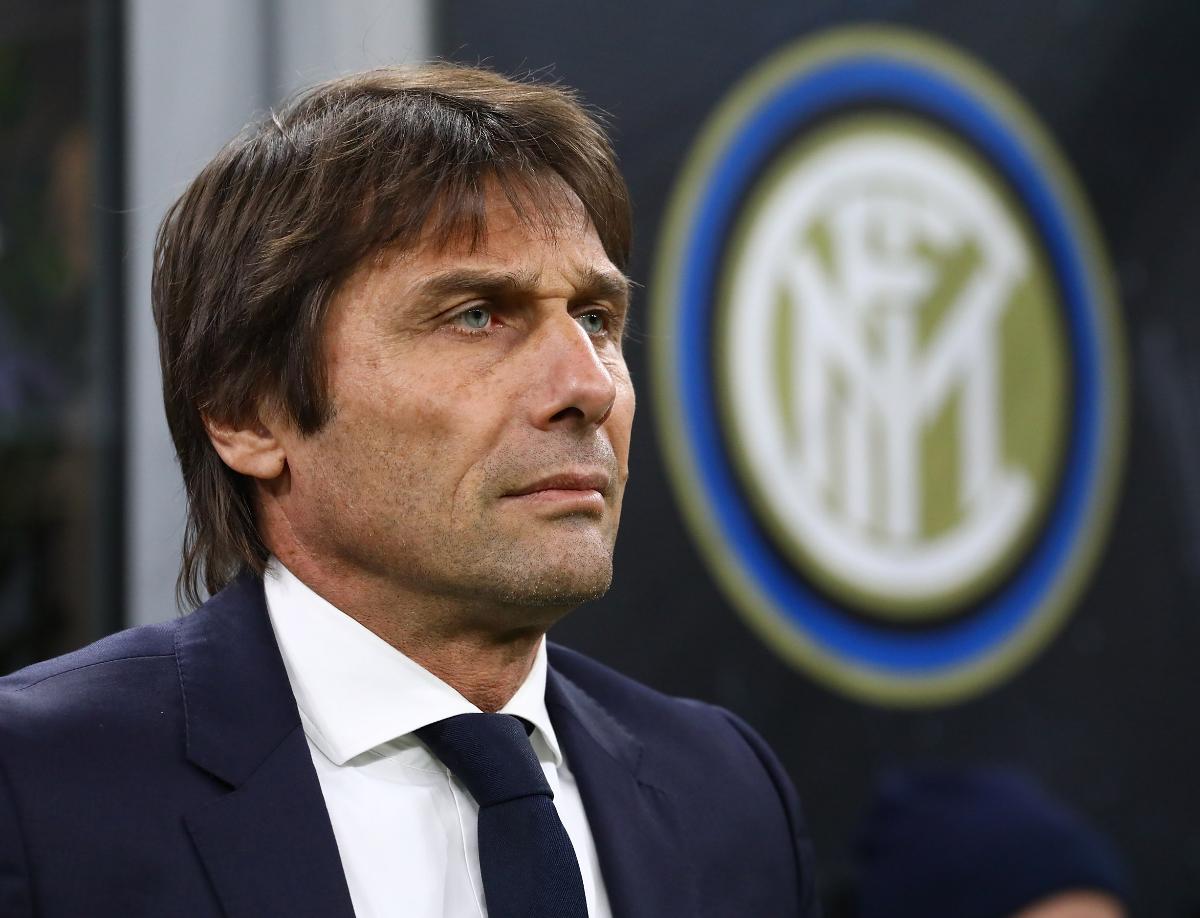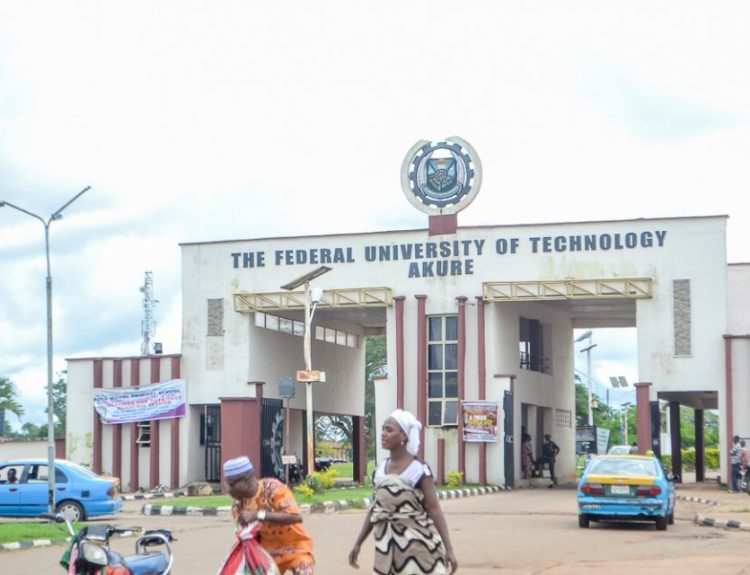Since 2014, the Mandela Washington Fellowship brings up to 700 young leaders to the United States for a comprehensive executive-style program in leadership, business, and civic engagement. The 2024 Fellowship application is ongoing. This is a lifetime experience designed to build skills and empower Fellows to lead in their respective sectors and communities after they return home. It also serves as a medium for fostering global interactions and networking across countries and communities where Fellows share one another’s dreams and aspirations.
In this interview, DEBORAH UZOMA engages Abubakar Umar, a 2023 Mandela Washington Fellow on his experiences and further prospects. Umar has a hearing-impaired issue, he is currently rounding off his Master’s Degree in Special education at the Bayero University, Kano.
Please, briefly tell us a bit about your background and how you got interested in the Mandela Washington Fellowship.
My name is Abubakar Umar. I was born with my normal hearing in Garun Gabas. A district in Malammadori Local Government of Jigawa State. At the age of 12, had a severe but brief headache. I was taken to Hadejia General Hospital for treatment and was diagnosed with Meningitis. I was given a bed to continue receiving treatment for 2 weeks. I lost my hearing between these 2 weeks and was discharged. My parents did all they could, but all efforts proved abortive.
In 2008, my father discovered the existence of Jigawa State School for the Hearing Impaired, Hadejia (it was Government Deaf Special School then) where I was enrolled in primary one instead of 6 because the class they had then was Primary 1-3. Subsequently, I got promoted to JSS3 due to my intelligence. Thereafter, I became the first school head student to graduate with the rank in the first graduation set with the highest JAMB Score of 218, which until this time record remains unbroken. That was how the journey of my education began and I got admitted into Bayero University Kano. Graduated from the Department of Special Education/Geography with second-class upper divisions but my father died two weeks after that. My father died without seeing my statement of result.
The journey at Bayero University Kano was extraordinary as we broke barriers to excel and graduate. No sign language interpreters were provided. We had to copy notes and read on our own amidst almost 150 students with normal hearing. Nevertheless, I was the second student with the highest score in level 100 and was the overall best student in level 200 despite almost 150 students with normal hearing. I am currently on my finals in Special Education (Hearing Impairment) for the MSC Degree.
B) My Journey to Becoming a Mandela Washington was born out of isolation and desperation to get a scholarship. Isolation: As a hearing impaired, you sometimes feel isolated. In our environment where communication barriers are still in place. People are not willing to learn to communicate with deaf, no sign language interpreters. This makes me a friend with my phone. I browse and communicate with people using my phone. This makes me an internet guru. I find opportunities easily.
Desperation to get a scholarship: Since the system is not helping and there are no means to study abroad, to fulfill my dream of becoming a professor, I decided to use my phone to look for online opportunities. I applied for the Chevening Scholarship thrice, the Commonwealth Scholarship, Queen Elizabeth Scholarship, and many more, and finally, Mandela Washington Fellowship twice, and I made it.
Also, when I was shortlisted for an interview. That time, I used our school English language teacher as my sign language interpreter because he understands our communication better. On March 14, I made it! Yes, I made it! I had to prostrate in gratitude to God for fulfilling one of my dreams.
Mr. Umar, your story is quite incredible, I must confess. So, how did you feel when you moved to the United States of America?
My first Mandela Washington Fellowship application was in 2021. I couldn’t make it that time. So, in August 2022, the application for the 2023 cohort was opened. I reviewed my previous application which got me to the interview stage. I filled out and submitted my application in less than 20 minutes.
Traveling to such a great, powerful country is everyone’s dream. I was very excited. I couldn’t believe I was going. I thought I was dreaming. In May, we attended a 3-day Pre-departure orientation in Abuja. That was my first time entering a flight from Kano to Abuja…(laughing.)
As deaf fellows, we are entitled to travel 10 days earlier than other fellows to attend a 10-day pre-institute American sign language and Deaf culture session at Gallaudet University, the world liberal university of the Deaf. My dream university since I was an undergraduate. After 10 days, other fellows departed for the United States, and I also departed for the University of Minnesota Twin Cities, Minneapolis. A great, inclusive, and resourceful state. Even Washington DC can’t beat that state. That was my first international trip! Traveled through Paris.
That is interesting. Please, can you walk us through the series of events or lectures taken during the fellowship? What was the inspiration behind their perspective of teaching?
Answer: There were many events. Let’s look back at the most important ones to me.
1. Morning Sign Language Class: Every morning, sessions start with a sign language session where I happened to be the facilitator. Professor Chris and his team allowed me to do so every morning, except if we were on early morning schedules, he also tried to learn. He used to learn sign language and was a fast learner. He already has preexisting knowledge of sign language. I teach sign language to make everyone an inclusive leader. Deaf people are everywhere. I couldn’t remember my best student, Zahra, from South Africa. The second one was Deborah from Togo. The next one I learned overnight, and I only realized during our last week in Minneapolis and when we were returning to Africa at the airport, is Fatou Sy from Senegal whom we were together until we reached Paris. It was a bad ending as I couldn’t meet to say bye as we got to different flights to our respective countries, Senegal and Nigeria. We both were searching for each other. I nearly cried.
2. The Circle of Peace (Unity Church): Despite being a church environment, the ‘Circle of Peace’ was very inclusive for all religions. All discussions are always educational. We learned a lot from elders at Sait Paul and Minneapolis. Everyone at the Circle was taken equally.
3. Leadership Curriculum lectures (mostly Fridays): The facilitator, Simone, was very competent. I was very inspired. No matter what you think, you will understand her lectures. She made sure everyone understood, and everyone was allowed to speak. I sometimes become talkative, sometimes quiet. Despite communication barriers, I understand her lectures, and I engage and work in a team.
Departing Minneapolis to Washington DC for the summit. It was very emotional. I met my Minnesota friends for the last time. I was crying inside, especially after Maria, my frequent sign language interpreter’s hug. At the end of the summit, it was very emotional, getting separated from the people you met, worked together, and learned with. I gave my final hug to Ashley, our institute staff. I couldn’t stop hugging Washington Galvao, our Brazilian staff, who was very friendly. We couldn’t meet to say bye to Professor Chris as he departed back to the University of Minnesota early in the morning.
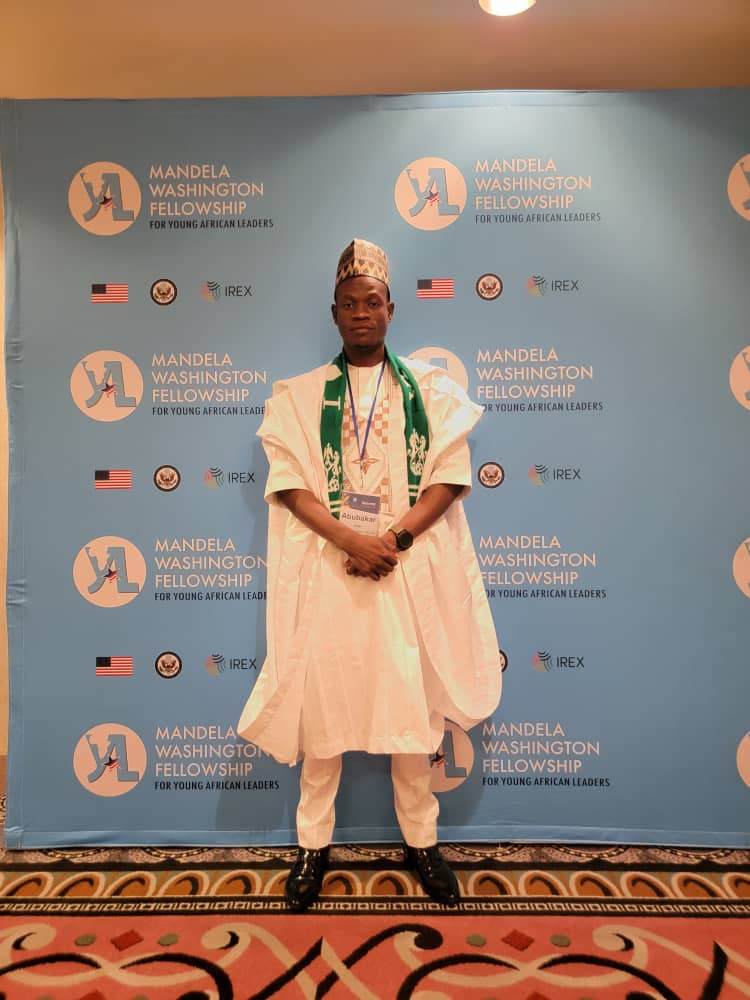
You had a great time in the US. As an Alumnus, what impact do you hope the Mandela Washington Fellowship will have on you and your dreams for the world?
As an alumnus, I am passionate about making our communities an inclusive place through teaching, research, and advocacy. I will collaborate with both US and African professionals to achieve this goal as I play my part.
Are there challenges you might encounter in bringing your project to fruition, and how do you intend to overcome them?
The challenge is the barrier in communication and funds. In the communication aspect, most African countries have a limited number of interpreters. We have to use Deaf School teachers as interpreters who may not be as professional as we need. Who may not interpret as we need or as expected? This is turning us back. Again, funds to secure adequate resources are another challenge as persons with disabilities need resources to participate adequately.
To overcome this, I am collaborating with the government to employ sign language interpreters and in contact with US-based interpreters to train them. Alternatively, my team and I are planning to organize workshops for interpreters. We are collaborating with US organizations and the government to secure more resources.
Fantastic! What advice would you give to aspiring Fellows for the 2024 Mandela Washington Fellowship?
Answer: As you plan to apply, don’t rush. Plan before you begin. Have a leadership history and be ready to give back to your community. Be honest in filling out your application and be original. Write your essay answers yourself, for you will be interviewed. Despite my hearing impairment, I never asked anyone to write or review my essays. I did it on my own. Always look for clarification from alumni on what you don’t understand. Review carefully before submitting.
If you are selected for an interview, plan and be specific, honest in responding. For Deaf applicants, during the interview, please have interpreters who understand your communication.
Thank you very much for your time, Mr. Umar.
“You are welcome, Deborah.”
Deborah Uzoma is a final year MA student at the University of Nigeria, Nsukka and she is very keen on capturing campus chronicles through interviews.

